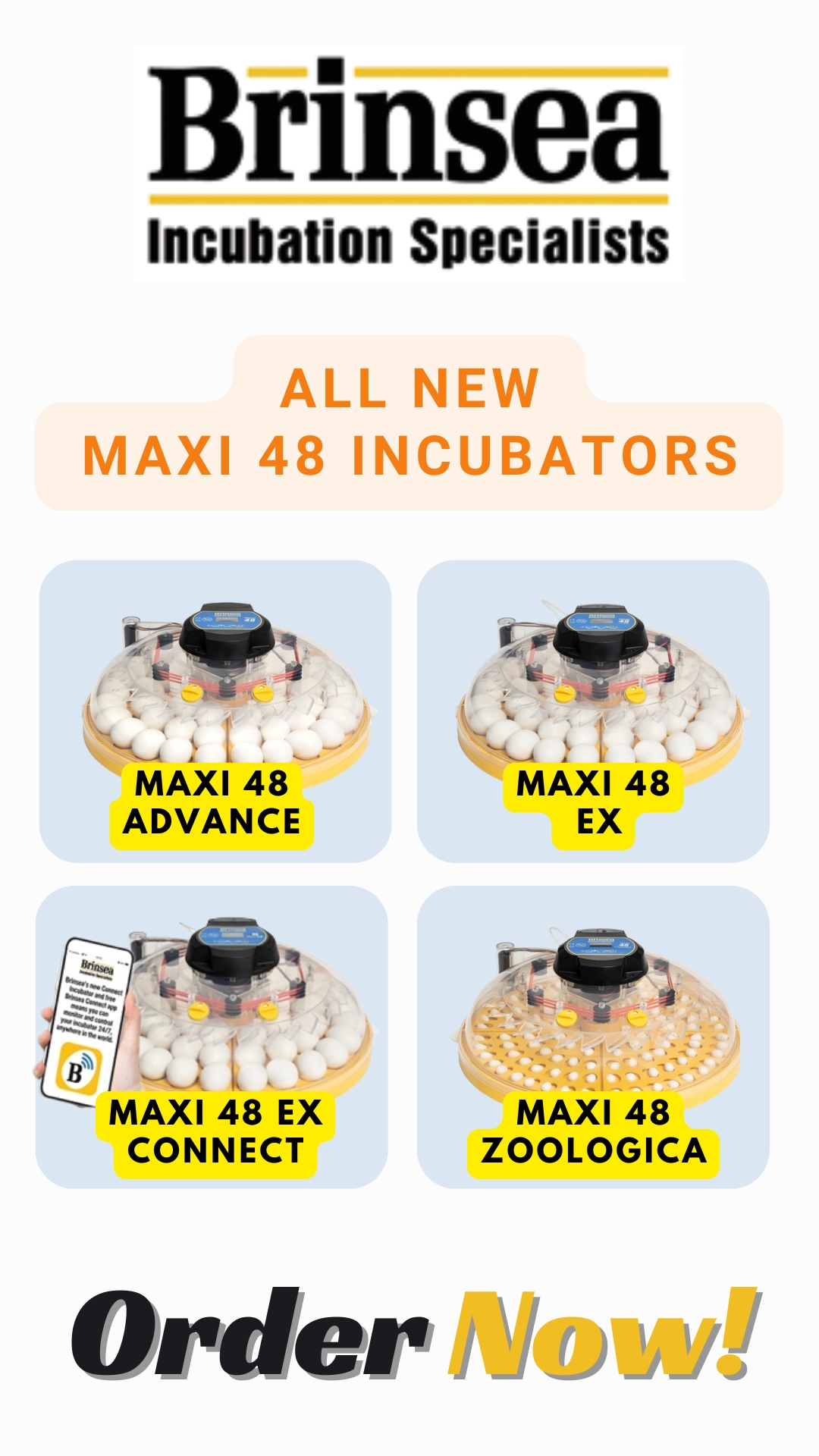
Water Matters: Choosing the Right Water for Incubation
When preparing for incubation, the type of water you use might seem like a minor detail. However, while most water will raise humidity, the wrong type can introduce contaminants and damage your equipment. This guide explains why the water you choose matters for the health of your incubator and your hatch rates.
Key Takeaways
- Always Use Distilled Water: It is free of contaminants and minerals that can harm your incubator and affect your hatch.
- Avoid Tap and Well Water: These sources can introduce bacteria and cause mineral deposits (limescale) that damage equipment and harbor germs.
- Protect Your Equipment: Using distilled water extends the life of your incubator and accessories like humidity pumps by preventing mineral buildup.
-
The Three Sources of Contamination
A successful hatch requires a sterile environment. There are three main sources of contamination that you need to be concerned with during incubation:
1. The Incubator: If not cleaned properly after each hatch, incubators can become a breeding ground for bacteria. This includes the evaporating block, if used. Find out more about pre-season checks here.
2. The Eggs: Dirty eggs can bring bacteria in with them, but cleaning the eggs improperly can also cause bacteria to fester. When in doubt, it’s better to leave the eggs alone and discard any that are too dirty to incubate. Find out more about egg cleaning here.
3. The Water: We always recommend using distilled water in your incubator. Distilled water is free of contaminants and it prevents mineral deposits in the incubators. Such deposits allow bacteria to grow. Distilled water can also help to extend the life of the silicone tubing, which is important if you are using an Advance Humidity Pump or an EX model incubator.
-
Why Distilled Water is Essential
We always recommend using distilled water in your incubator for two key reasons:
- 1. It's Contaminant-Free: Distilled water is purified, ensuring you aren't introducing harmful bacteria into the incubation environment.
- 2. It Prevents Mineral Deposits: Tap and well water contain minerals that create limescale buildup in the incubator's water channels. These deposits can be difficult to clean and can harbor bacteria. This buildup can also damage the silicone tubing in an Advance Humidity Pump or an EX model incubator, shortening its lifespan.
-
Feedback From Our Customers
Don't just take our word for it. Here's what other users have discovered:
“A friend suggested that we use distilled water... We’ve a well... if there is any bacteria in it, in the warm, closed environment of an incubator, it could cause problems. We switched to distilled water and our hatch rate improved significantly! Thanks bunches. You have a great product.”
“One very important point, always use the correct water. Not from the tap.”
Thank you, Ann and Humberto! If you are currently using tap or well water, try switching to distilled water for your next hatch and see if you notice an improvement like Ann did.


